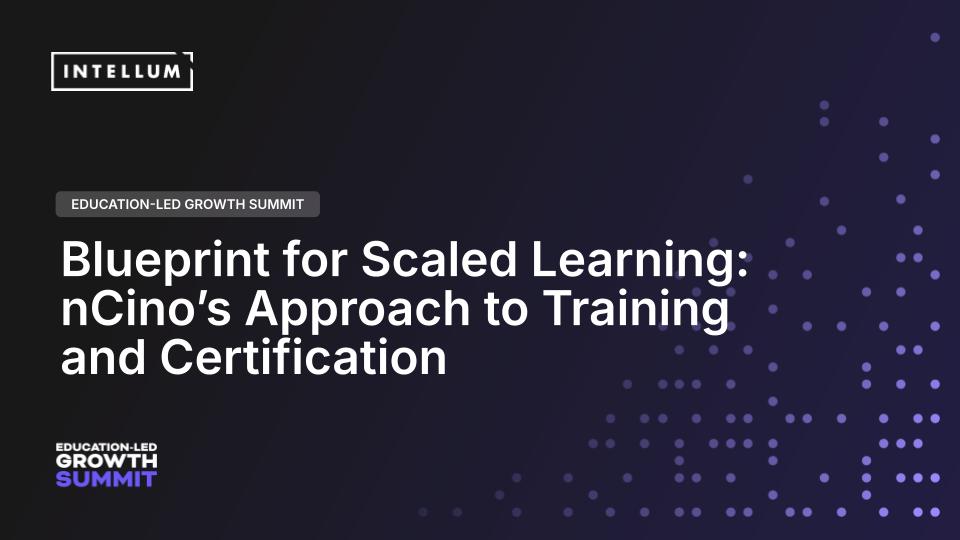Overview of Executive Insights on Education and Enablement
The recent webinar focused on how senior executives view customer and partner education as integral to business success. The discussion was grounded in a survey conducted with 150 education leaders, revealing key trends and shifts in priorities within the education sector. Notably, the emphasis has moved towards education-led growth—a strategic shift that prioritizes growth alongside retention.
Survey & Methodology
Gate Point Research partnered with Intellum to survey high-ranking executives across various industries. Participants were queried on their education-related strategies, which provided insights into the broader shifts in how education is perceived and implemented by companies today. The participants were a high-level cohort, with over half being C-level executives, underscoring the strategic importance of education in organizational contexts.
“Customer education is like planting seeds; it’s essential for growth and retention.” This sentiment echoed throughout the session, emphasizing how education programs are becoming pivotal across the customer lifecycle—from acquisition through growth.
Key Research Findings
The research highlighted that effective education programs are now seen as critical for driving business outcomes. This has led many companies to link these programs directly to broader business objectives such as revenue growth and performance metrics. There is an evident strategic pivot from simply maintaining customer satisfaction to actively using education as a tool for business advancement.
A significant takeaway from the survey data was that successful companies are those that align their education initiatives with business goals. There was a marked trend toward education teams not just supporting, but also being deeply integrated into, the business goals of increasing revenue, improving product adoption, and enhancing customer retention.
Challenges and Opportunities
An overarching theme was the complexity of measuring the effectiveness of education programs. Many respondents noted challenges in aligning educational initiatives with tangible business outcomes, which often stems from a lack of integration between various systems and a scarcity of clear metrics.
"In marketing, it's very easy to measure effectiveness… But when it comes to customer education, you've got this finite audience… It's a whole different beast." This reflected the urgent need for robust analytical frameworks that can definitively link educational strategies to business success.
The Role of AI and Future Directions
Artificial intelligence emerged as a double-edged sword—presenting opportunities for improving content creation and personalization but also raising concerns over the reliability of AI outputs. Executives voiced a cautious yet optimistic stance, seeing AI as a future facilitator for scaling and customizing learning experiences, provided the challenges of reliability and utility are addressed.
"There's a correlation… untrained models, untrained inputs will produce unreliable outputs." This highlights the cautious approach businesses are taking towards integrating AI into their education strategies.
Conclusion
The webinar underscored a critical shift in how businesses perceive the role of education—shifting from a peripheral support mechanism to a core strategic tool driving growth and retention. As education continues to align closely with business strategies, prioritizing integrated systems and clear outcome metrics will be essential for harnessing its full potential.
Participants were encouraged to actively engage with resources and upcoming events that aim to further delineate effective strategies and tools for leveraging education in achieving business objectives. This ongoing dialogue is expected to drive innovation and reinforce the strategic importance of education in the corporate ecosystem.








